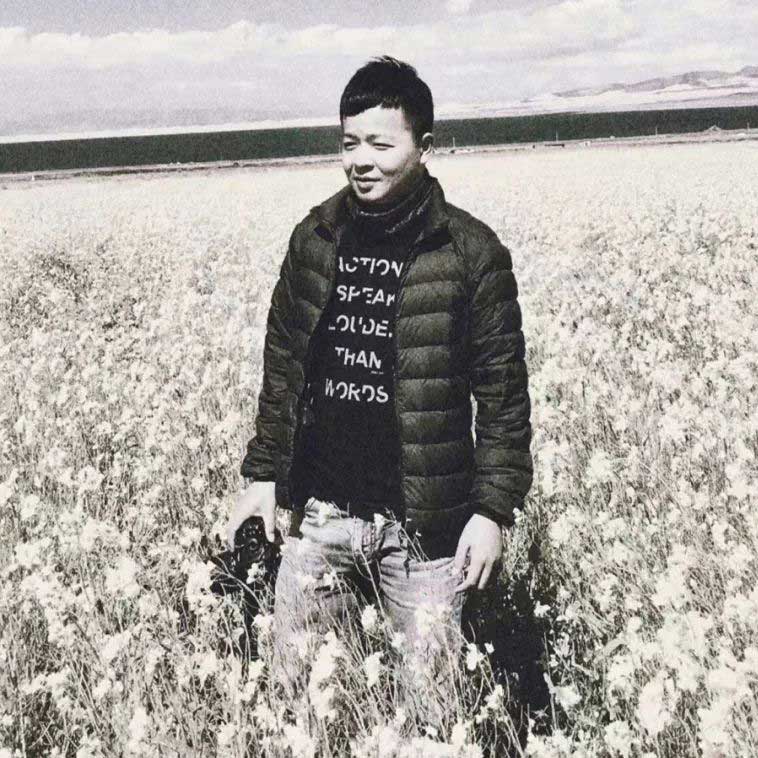1985年出生于湖南长沙,毕业于湖南湘潭大学艺术设计系,研修于湖北美术学院。现工作生活于长沙。
李立的艺术实践以广泛的题材为特征,艺术创作深受阅读、音乐及影视作品的多维启发,他将这些元素与个人的绘画风格相结合,进行了再创作和再表达。艺术家频繁地以儿童作为表达的核心符号,这一选择蕴含了双重深意,借鉴了尼采的精神三变理论中关于儿童的象征意义。其次,通过少年的视角,他传达了自己对当代社会的深刻思考。李立认为,人类文明的进步史,在本质上是科学与人文的发展史,两者在历史进程中扮演着不可或缺的角色。面对近现代以来对效率的极端追求,科学逐渐占据了主导地位,而人文价值相对边缘化。在这样的背景下,李立在追求个人绘画探索的同时,致力于在画布上构建一个交流的平台,以此与观众探讨在当代社会中人文价值的复兴及其重要性。他的作品旨在激发观者的共鸣,甚至引发更深层次的启发和思考,这不仅是他艺术实践的目标,也是他对于艺术与社会对话的期待。通过这种方式,李立的作品不仅是一种视觉的呈现,更是一种对人文精神的哲学探讨和价值追问。
Born in Changsha, Hunan in 1985, he graduated from the Department of Art Design of Hunan Xiangtan University and studied at Hubei Institute of Fine Arts. He currently works and lives in Changsha.
Li Li's artistic practice is characterized by a wide range of themes. His artistic creation is deeply inspired by reading, music and film and television works. He combines these elements with his personal painting style to recreate and re-express them. The artist frequently uses children as the core symbol of expression. This choice contains a double meaning, drawing on the symbolic meaning of children in Nietzsche's theory of the three changes of spirit. Secondly, through the perspective of a teenager, he conveys his profound thoughts on contemporary society. Li Li believes that the history of the progress of human civilization is essentially the history of the development of science and humanities, and both play an indispensable role in the historical process. Faced with the extreme pursuit of efficiency since modern times, science has gradually occupied a dominant position, while humanistic values have been relatively marginalized. Against this background, while pursuing personal painting exploration, Li Li is committed to building a platform for communication on the canvas to discuss with the audience the revival and importance of humanistic values in contemporary society. His works are designed to inspire resonance in viewers, and even trigger deeper inspiration and thinking. This is not only the goal of his artistic practice, but also his expectation for the dialogue between art and society. In this way, Li Li's works are not only a visual presentation, but also a philosophical exploration and value inquiry of the humanistic spirit.


